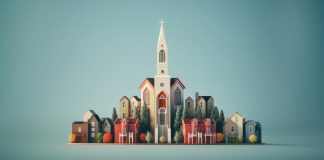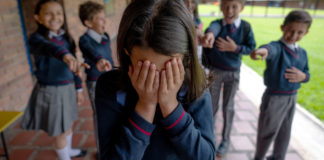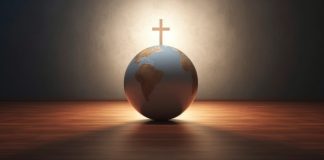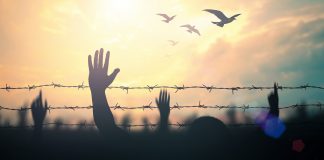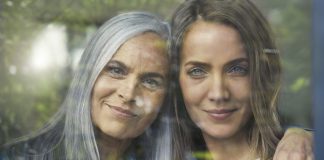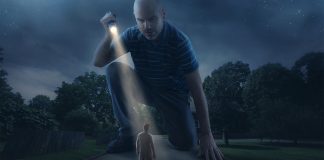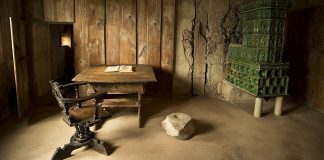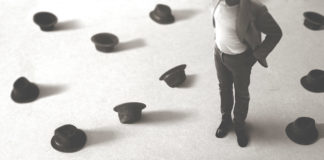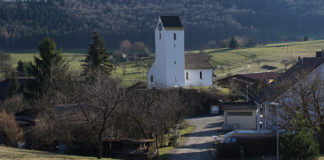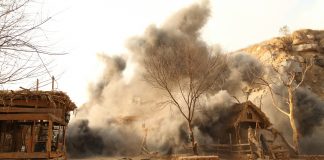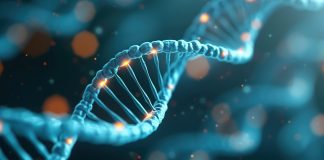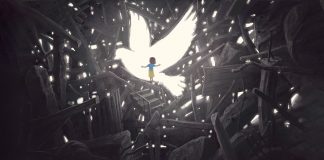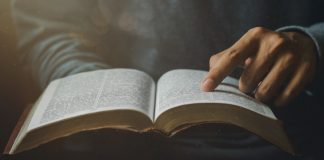The crossroads: what if I feel the church is superficial or fundamentalist?
What is my reason for joining or staying in a church? Why do I want to pass on my spiritual heritage to my children? Why do I invite my friends to church? Or what are my reasons for saying no to church invitations?
Bullying: Effective strategies to put an end to it
Children who fall prey to bullying cannot save themselves, just as the children who have become accustomed to bullying others will not give up this behaviour without outside intervention. As the phenomenon of bullying spreads, with harmful consequences on children's development, the need to know and apply strategies to combat it is becoming more pressing.
The culture of blasphemy
According to its creators, "JC" was to be a 30-minute-per-episode animated series about Jesus Christ who wanted to escape the overwhelming shadow of his father and live as an ordinary man in New York. The project was developed by comedian and writer John Michaelson. However, due to the controversial nature of the subject matter, only the pilot was produced and filmed, and it...
A blood-red sunrise: martyrs and the instinct of persecution
Even though we have been in a much better place for 700 years now, we know that the passing of time has not eliminated the instinct of persecution from human nature.
How to love hard-to-love parents
How much do we know about love? Enough to understand that love is not an obligation—we cannot love by force, nor be loved in this way.
The great astonishment
I was talking to the man I call Professor and I asked him, "I know you had reservations about getting baptised. Why did you decide to do it anyway? What was the deciding factor?"
The saint who hated God
Martin Luther believed that he knew exactly what God expected of him, and in the tireless endeavour to please God, he came to the point of hating Him.
Appeal to popularity. What explains the popularity of an error?
When we consider that a conclusion is founded only if a lot of people consider it true, we fall into the trap of the argumentum ad populum or the appeal to popularity.
The moral influences of the church on society: four models
The separation between church and state is greeted with enthusiasm by those who appreciate freedom of conscience. However, this separation can also have less fortunate ramifications.
Shopping and the perfect world
“Hi, I’m Rebecca, and I’m a shopaholic!” This line, along with the character, though from a comedy released in 2009, is cut from the fabric of everyday reality. Shopping has become an indispensable appendage of modern life. However, when it ceases to be just an accessory to a much more complex existence and moves to the centre of an individual’s focus, the leap...
The Great Fire of Rome and the “hidden hand”
The Great Fire of Rome broke out on a hot summer night in July 64 AD.
The driving forces of evolution
Even those least familiar with evolutionary theory know that it involves a powerful driving force: natural selection. However, as we delve deeper into the theory, we find that things haven't been that simple for a long time. This is because we no longer consider natural selection the sole engine of evolution, and from a certain point of view, not even the most powerful...
Ukraine and the elusive concept of moral justice
This is neither a political nor a moralising article. Rather, it is an invitation to engage in collective meditation on the terrible suffering of the war in Ukraine, which is close to home for many of us. The resource guiding this meditation is one that recent decades have ignored at an existential cost that we truly cannot afford: the Bible.
1…2…3…run to the wall! Freeze! Playful parenting
There was a time when the word parenting would cause me to either roll my eyes or shrug. It was a time when seven hours of sleep a night, instead of at least eight, had the destabilizing potential of a hurricane, a time when the clear voices of children in the park would compel me to grab a book and read under my...
Old Testament and New Testament | The unity of Scripture
The Bible has 66 books written by different authors over about 1,500 years. Is there a common theme, a leitmotif? If so, which is it? Is there an Old Testament God and a New Testament God?












